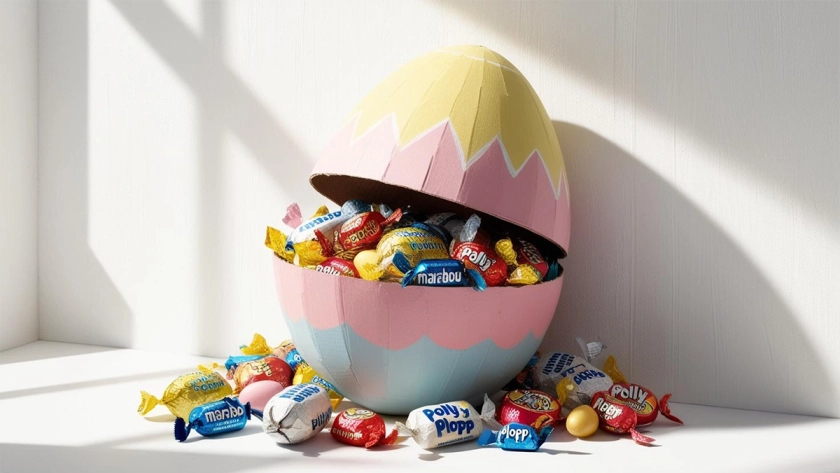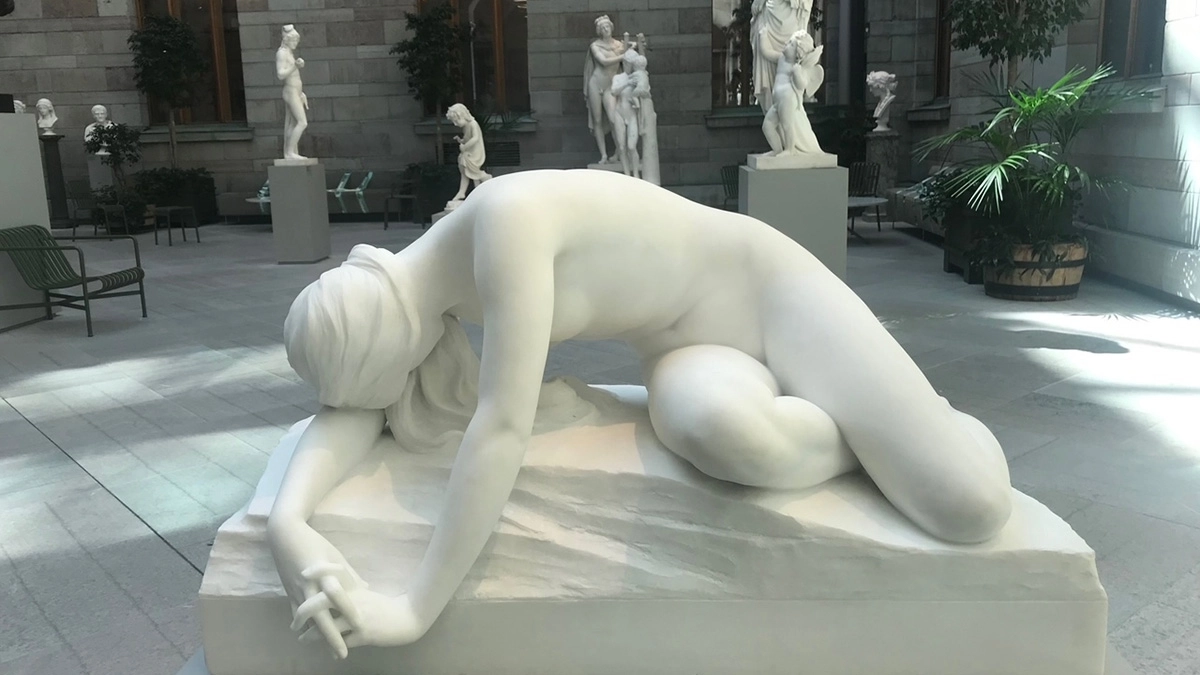
Easter Eggs in Sweden
13.04.2025In Sweden, Easter (Påsk) is both a religious and family celebration that marks the arrival of spring and the awakening of nature after long months ...






The National Museum of Stockholm is one of Europe's oldest art museums, an authentic product of the Enlightenment and the Revolution. It was founded in 1792 (a year before the Louvre), following the Musée des Antiquités of Gustav III, with which it opened to the public two years later in the Royal Palace.
Transferred in 1866 to the current National Museum building, it now houses approximately 700,000 art objects that showcase the various artistic movements that have shaped Sweden throughout its history.
In addition to Swedish art, the museum predominantly features Northern European works from before the 18th century and French art from the 18th century. It also boasts one of the world's largest collections of miniatures and over 300 Russian icons.
These collections have been accumulated over time by key figures: the first being Gustav Vasa, who recognized the role of these artworks in reinforcing his status, which is why there are no earlier works; followed by Gustav II Adolf, known for his involvement in the Thirty Years' War; and Kristina, who acquired objects from Prague after its capture in 1648, including pieces from Emperor Rudolf II (470 paintings, 170 marble sculptures, 100 in bronze, 1000 curiosities, and 33,000 coins and medals), among others.
In 2012, the National Museum underwent a spectacular restoration that lasted over six years, orchestrated by the renowned architectural firms Windgårdh and Wikerstål. This restoration revitalized the old museum and allowed for a reorganization of the presentation of art objects.
During our approximately one and a half hour tour, we will explore in a playful and educational manner rooms where paintings and furniture are displayed chronologically, helping you to better understand the development of Swedish pictorial art as well as design.